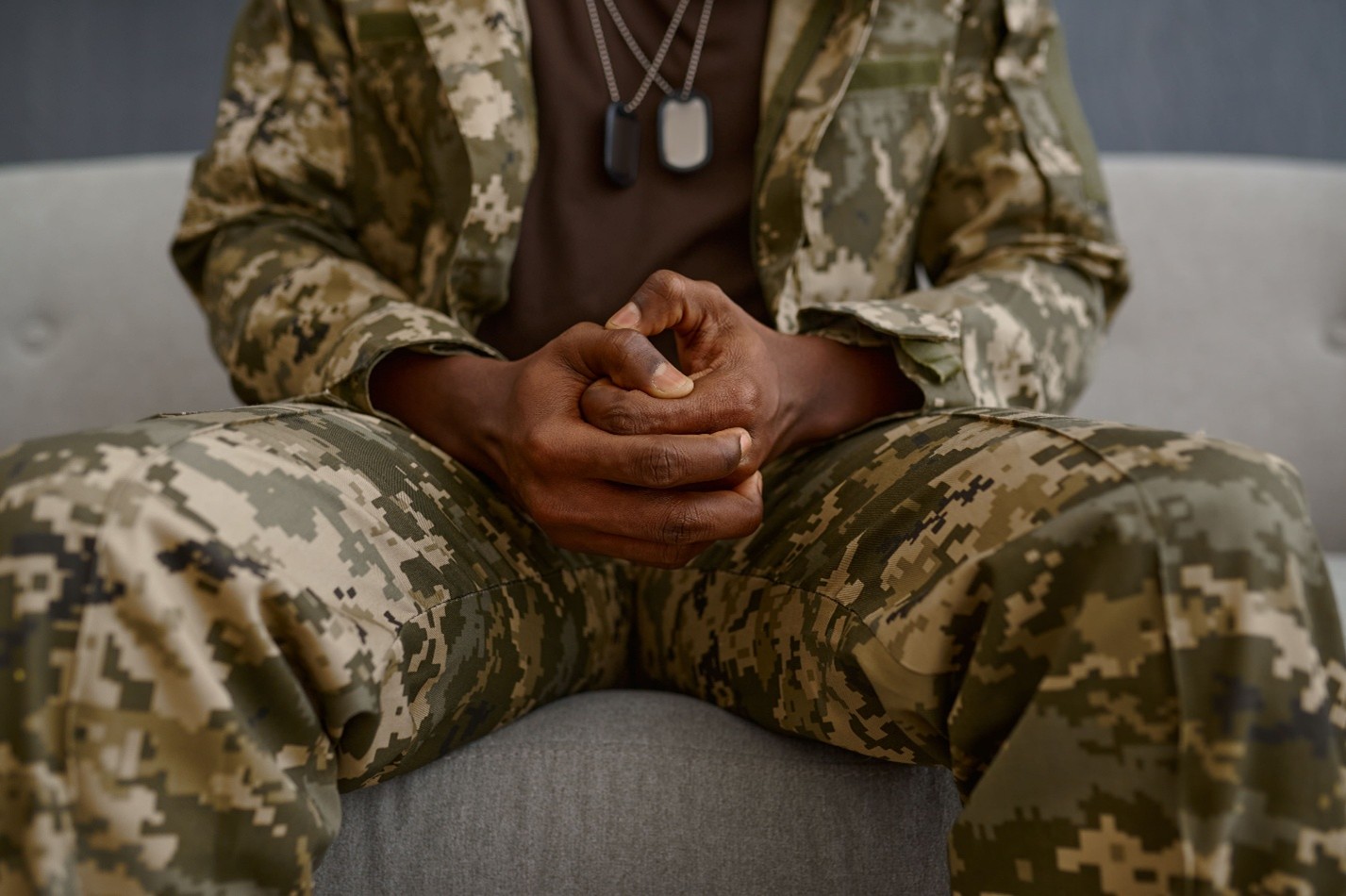
The sacrifices made by military veterans extend far beyond the battlefield. While many return home as heroes, they also carry the weight of their experiences—often in ways that are invisible to the world around them. Mental health struggles, including post-traumatic stress disorder (PTSD), depression, and anxiety, are prevalent among veterans, and tragically, many suffer in silence. Suicide rates among veterans are alarmingly high, with studies indicating that they are more likely to take their own lives than their civilian counterparts. Christian Coomer of Georgia emphasizes that this crisis demands urgent attention, comprehensive support systems, and a collective societal commitment to ensuring that those who served receive the care they deserve.
Suicide among veterans is a public health crisis that has persisted for years. According to the U.S. Department of Veterans Affairs (VA), veterans are at a 50% higher risk of suicide compared to non-veterans. In recent reports, an average of 17 veterans die by suicide every day—a statistic that underscores the critical need for better mental health care and preventative strategies.
Christian Coomer, attorney, explains that the reasons behind this tragic trend are complex and multifaceted. Many veterans struggle with the transition from military to civilian life, often feeling a loss of purpose, camaraderie, and structure. Others grapple with physical injuries, chronic pain, and traumatic brain injuries (TBIs), all of which contribute to mental distress. Additionally, PTSD, which affects between 11-20% of veterans from recent conflicts, often goes undiagnosed or untreated, leading to devastating consequences.
Despite the urgent need for mental health care, Christian Coomer, attorney, understands that many veterans do not seek help. Several barriers contribute to this, including:
PTSD and depression are among the most common mental health conditions affecting veterans, and both are major contributors to suicide risk. PTSD develops after exposure to traumatic events and can lead to flashbacks, nightmares, heightened anxiety, and emotional numbness. Christian Coomer explains that many veterans also experience survivor’s guilt, feeling burdened by the loss of fellow service members.
Depression, on the other hand, is often exacerbated by feelings of isolation, unemployment, or physical health issues. Veterans who do not receive adequate treatment for these conditions are more likely to turn to substance abuse or self-harm as coping mechanisms, further increasing their risk of suicide.
While the statistics on veteran suicide are sobering, there are effective strategies to combat this crisis. Christian Coomer explains that a combination of policy changes, community support, and improved mental health services can make a significant difference.
1. Expanding Access to Mental Health Care
The VA and other healthcare providers must prioritize reducing wait times, expanding telehealth options, and increasing the number of mental health professionals specializing in veteran care. More funding for mental health initiatives would allow for better outreach and resources.
2. Strengthening Peer Support Programs
Veterans often find solace in connecting with others who have shared similar experiences. Programs such as the Veterans Crisis Line, peer-to-peer support groups, and non-profit organizations like Wounded Warrior Project provide crucial networks where veterans can talk openly without fear of stigma.
3. Community-Based Initiatives
Local communities play a vital role in suicide prevention. Training first responders, educators, and healthcare workers to recognize signs of distress in veterans can help identify at-risk individuals before a crisis occurs. Community centers, religious groups, and veteran organizations can also provide safe spaces for veterans to share their struggles.
4. Addressing the Transition to Civilian Life
The transition from military to civilian life is a critical period for many veterans. Providing career counseling, job placement programs, and financial education can help ease this shift, reducing stress and anxiety. Employers should also be educated on how to support veteran employees, fostering an inclusive and understanding work environment.
5. Promoting Public Awareness and Reducing Stigma
Raising awareness about veteran mental health through public campaigns and advocacy can help dismantle stigma. Encouraging open discussions, normalizing therapy, and sharing success stories of veterans who have sought help can inspire others to do the same.
If you or a veteran you know is struggling with mental health challenges, Christian Coomer shares that immediate support is available:
The mental health crisis among veterans is not a problem that can be ignored or postponed. It requires immediate action from policymakers, healthcare providers, community leaders, and everyday citizens. Every veteran deserves the chance to heal, find support, and live a fulfilling life beyond their service.
As a society, we have a responsibility to honor our veterans not just with words, but with real, tangible support. Christian Coomer of Georgia emphasizes that by working together to provide better mental health resources, reduce stigma, and create stronger support networks, we can save lives and ensure that no veteran feels alone in their struggle. Christian Coomer explains that this is not just a call to action—it is a moral obligation. Let us stand with our veterans, not only in gratitude for their service but in unwavering support for their well-being.